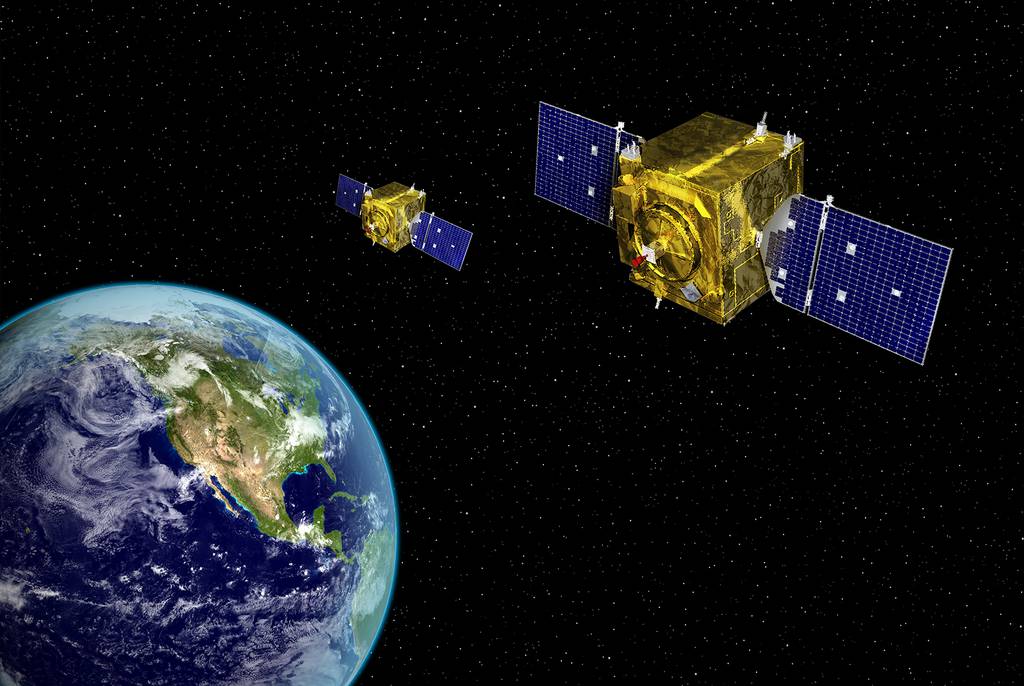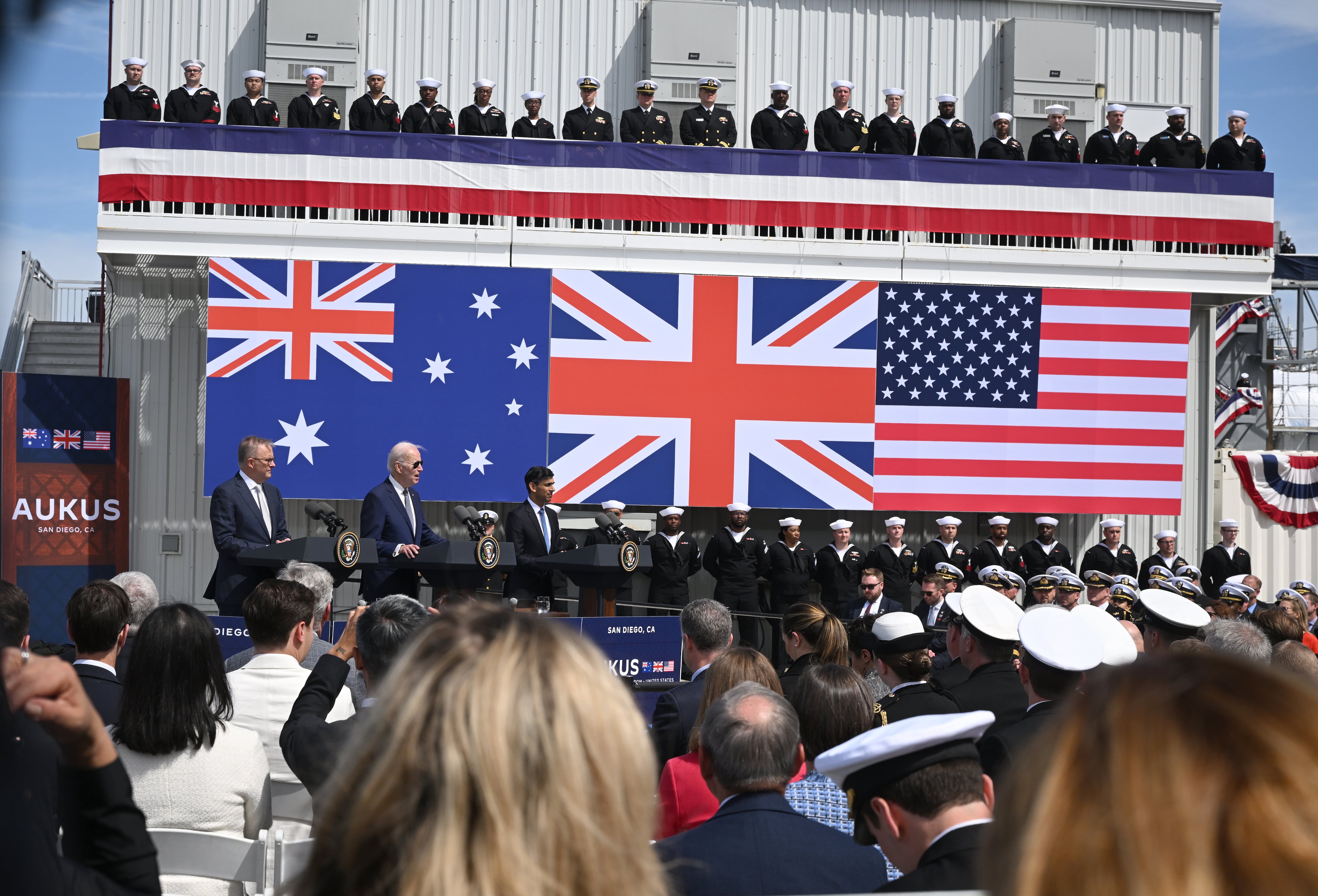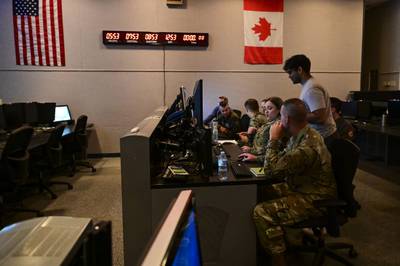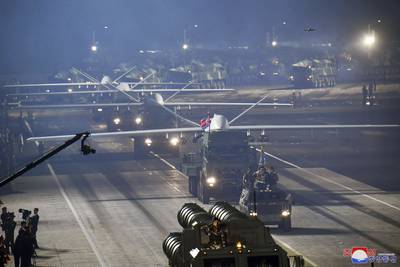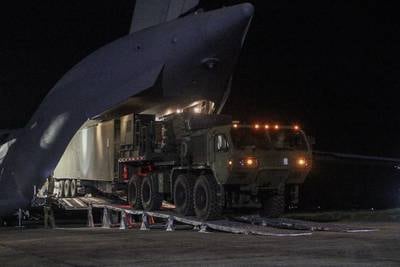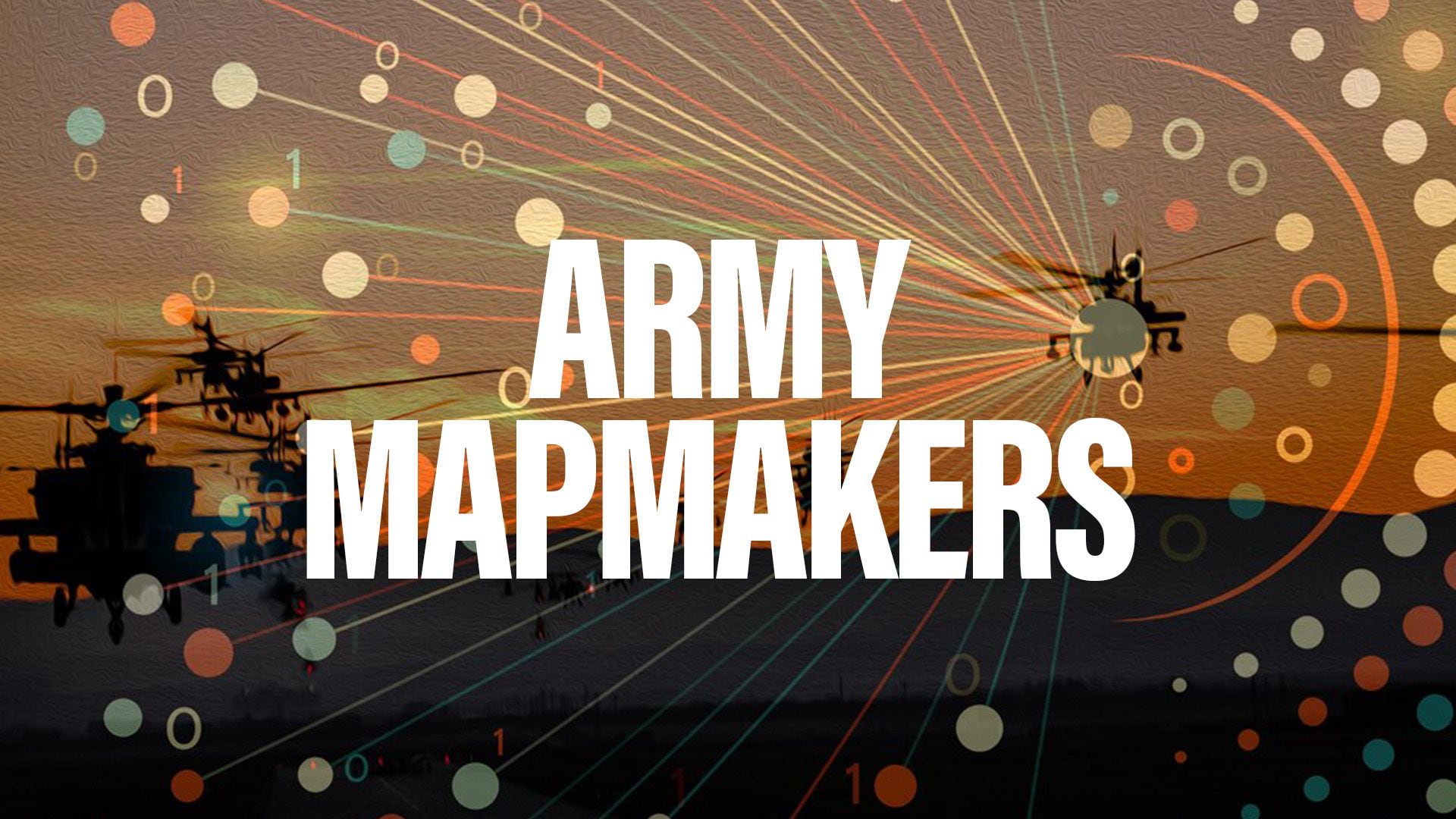WASHINGTON — The head of the U.S. Space Force said the nascent service is developing a declassification strategy for space, but he could not share many details on what a new classification would look like or when it would be implemented broadly.
Chief of Space Operations Gen. Jay Raymond acknowledged in a speech Wednesday that the classification regime impedes parts of the Space Force’s mission.
“The main mission of the United States Space Force is to deter conflict from beginning or extending into space, and I’m convinced that if you want to change the deterrence calculus, if you will, of an adversary, you have to be able to communicate. If you have everything classified, that really limits your ability to deter conflict,” Raymond said at a virtual event with the National Press Club.
RELATED
‘Unbelievably ridiculous’: Four-star general seeks to clean up Pentagon’s classification process
The general also noted that reducing classification allows for better integration with international partners, as well as across the joint forces.
“And so for a bunch of reasons, we view that there is a requirement to reduce classification. We’re doing that as we speak, and I’m excited for where that’s headed,” said Raymond.
The Space Force is working on the declassification strategy, he said, but he didn’t elaborate on when that plan would be done or acted upon.
“You don’t want to just make decisions one piece at a time — you’d like to have an overarching strategy that helps guide those decisions. And so there’s been a lot of work done, put on to develop that strategy,” said Raymond.
Air Force and Space Force officials have voiced support for declassification in the past, but there’s been little transparency about what the services are actually doing to address overclassification.
“Declassifying some of what is currently held in secure vaults would be a good idea,” then-Air Force Secretary Barbara Barrett said in December 2019, days before the establishment of the Space Force. “You would have to be careful about what we declassify, but there is much more classified than what needs to be.”
Barrett pledged that addressing overclassification would be a focus for her office moving forward, but it’s not clear whether anything has fundamentally changed in the year since.
U.S. Space Command head Gen. John Dickinson also voiced support for declassifying space during his July 2020 nomination hearing. At the time, he said progress was already being made and called for “a comprehensive review of classification for collection data.”
For now, Raymond said the Space Force is working to give commercial partners more access to classified information to enable more effective integration.
“You’ll see us as we develop new programs and review older programs, review it with a lens of deterrence and a lens of integration. And so you’ll see us continue to make classification decisions that will enable that deterrence and that integration,” said Raymond.
Nathan Strout covers space, unmanned and intelligence systems for C4ISRNET.
